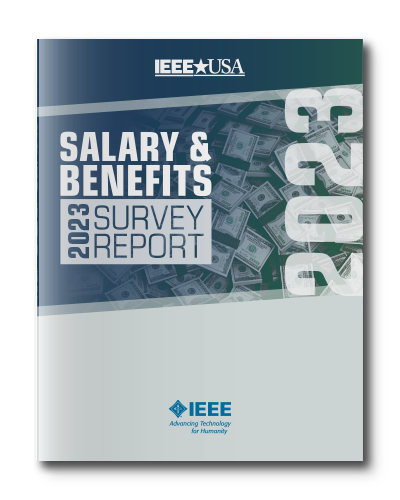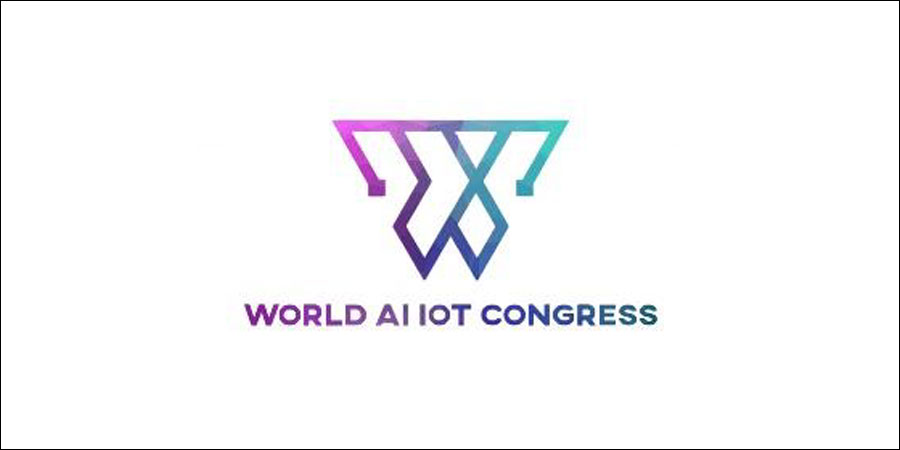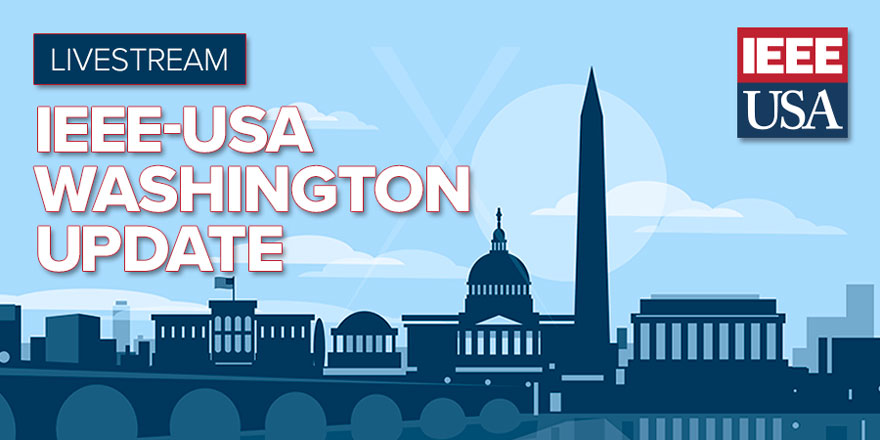General Information
Fellows accept one-year assignments to work on the staff of a Member of Congress or a congressional committee. Fellows are not “employees” of Congress or of IEEE, but are treated as equivalent to congressional staffers (e.g., legislative assistants) in terms of assignments and responsibility. Following the annual AAAS fellows training in September, the fellow independently seeks out and determines for whom he/she will work based upon personal preferences and the opportunities available. For more information on assignments, consult the section on, “Preparing for the Fellowship.”
In addition to supporting its own fellowships, the American Association for the Advancement of Science (AAAS) hosts an umbrella congressional science and engineering fellowship program as a collaboration of approximately 25-30 professional scientific and engineering societies. The program includes a two-week fellowship orientation as well as opportunities for networking and educational meetings throughout the fellowship year.
Because of the way the two programs are publicized, applicants and fellows are often confused about the distinctions. To clarify, IEEE-USA awards and supports IEEE-USA Congressional fellowships. IEEE-USA has different selection criteria than the AAAS fellowships (including a requirement that the applicant must be an IEEE member in good standing), and an applicant must apply for the IEEE-USA fellowship separately from the AAAS fellowship programs.
Congressional fellows are not employees of IEEE/IEEE-USA or Congress, and do not receive a salary per se. Fellows do receive a stipend (varies depending upon experience and education) to reimburse expenses, plus a relocation allowance of $5,000. Costs associated with the fellow’s required attendance at the annual AAAS orientation are reimbursed by IEEE-USA independently of the stipend.
Neither IEEE-USA nor Congress provides insurance or other benefits. Many employers find the Washington experience to be of value and will continue providing benefits. If you do not have benefits from an employer, you may wish to retain your own. A number of options are available to IEEE members through IEEE Member Discounts.
The Congressional fellowship supports a one-year fellowship assignment. A fellow may negotiate changes in the fellowship duration with the Government Fellows Committee on a case by case basis. If necessary and requested by the host, fellowships may be lengthened or shortened; although if lengthened, IEEE-USA provides no additional financial contribution. If shortened, stipends will be adjusted.
No. The Government fellows Committee looks favorably at applicants who have relevant experience or can demonstrate an understanding of the policy-making process. However, the primary purpose of IEEE-USA’s Congressional fellowship is to provide a unique educational experience for the fellow. Our hope is that fellows will use that experience to become more involved and help educate their colleagues and others about the policy process and how engineering professionals can effectively contribute to that process. IEEE-USA also expects that fellows will be an effective source of advice and assistance to their Congressional sponsor.
Members of Congress are looking for breadth and general knowledge and not specific technical expertise.Therefore, IEEE-USA does not recruit Congressional fellows for specific technical backgrounds. However, in evaluating a fellowship application, IEEE-USA will consider the fellow’s technical experience.
The fellowship runs for one year, starting September 1st and ending on August 31st.
The Application Process
Yes, you must be a U.S. citizen.
To be considered for an IEEE-USA Congressional Fellowship, applicants must submit an application confirming the following basic eligibility requirements:
a. Applicants must be a Member in good standing of IEEE at the time of application.
b. Prior to beginning the fellowship, applicants must possess a Ph.D., or a Masters Degree plus five (5) years of relevant professional experience. The degree must be granted by a recognized program in a subject field that falls within the science, engineering, computer, or allied disciplines eligible for IEEE membership. In exceptional cases, the Masters or Ph.D. requirement may be waived by the Government Fellowship Committee for candidates with compensating experience. The required five years of work experience must consist of full-time, relevant professional employment and does not include internships, student-related employment, or graduate research positions.
c. An applicant must be a U.S. citizen at the time of application or, at the latest, prior to selection.
In addition to these basic eligibility criteria, the Government Fellows Committee considers the following factors when evaluating fellowship applications:
- Education
- Professional/Business Experience
- Public Service/Public Policy Experience
- IEEE Volunteer Activities
- Communication Skills
- Fellowship Goal/Objective
- Overall Suitability for fellowship (flexibility, adaptability, open-mindedness, confidence, maturity, professionalism, etc.)
These are not weighted criteria, but are part of a holistic review and evaluation of the candidate based on the written application and interview.
IEEE-USA does not restrict applications by IEEE U.S. members who are Federal employees. Employees should note however, that many government agencies (including branches of the military services) have policies and programs in place regarding fellowships and may not support participation in non-governmental fellowship programs. Over the years, IEEE-USA has had a number of applicants from military backgrounds who were denied permission to participate by their military superiors at very late stages of the application process. For that reason, IEEE-USA prefers that federal employees investigate their organization’s policies and processes before applying for an IEEE-USA fellowship.
The Government Fellows Committee is comprised of six volunteers selected for their knowledge of Washington and the public policy/legislative process, at least three of whom are former fellows.
The fellows Committee reviews the written applications and then selects a number (typically 3-5 for each available fellowship) of “finalists” for face-to-face interviews. At our expense, IEEE-USA flies the finalists to Washington for an interview with the Government fellows Committee. Finalists must be able to attend the interview in person. Rescheduling the face-to-face interview is not an option.
Based on the application and interview, the Government fellows Committee then recommends candidates for the fellowships and presents the names to the IEEE-USA Board for final approval. A fellowship offer is made immediately thereafter.
After the fellow accepts the offer, a fellowship agreement is finalized so that the fellow can begin to prepare for a move to Washington for the AAAS fellowship orientation in early September, and the start of the fellowship.
Preparing for the Fellowship
Each fellow is required to participate in a two-week orientation organized by the American Association for the Advancement of Science (AAAS). The AAAS orientation introduces the fellow to the legislative process, the federal budget, important S&T policy issues, the nature of the fellowship experience, and the resources available to fellows and Hill staffers in Washington. As part of the Orientation, AAAS will brief the fellows on known fellowship opportunities.
Following the orientation, the fellow will visit congressional offices of interest to offer his/her services. Offices that are interested with typically invite the fellow to one or more interviews before conveying a placement offer. Fellows then choose their preferred assignment from among the various offers. In many respects, the process is comparable to looking for a job. The difference is that you do not cost the congressional office anything except space to work.
Not every office is interested in having a fellow. Other offices may be looking for fellows with specific areas of expertise. However, the number of fellowship opportunities has always exceeded the number of available fellows.
Although there is no service obligation, IEEE-USA encourages fellowship alumni to join IEEE-USA public policy committees. IEEE-USA hopes to benefit from the knowledge and interests of the fellows alumni. And many alumni find volunteering to be a rewarding way to continue pursuing their interest in public policy and legislative issues.
Fellows who are from academic backgrounds mostly return to their universities and use their fellowship experience to enrich their classrooms.
Mid-career fellows may be at a point of career transition. Some return to their company, others transition to new positions in their companies (some have been assigned to the corporation’s Washington office or detailed to work with related trade associations), and others move on to new employers. A few accept permanent staff positions in Congress or executive branch agencies. One IEEE-USA Congressional fellow served for a number of years as Staff Director of the Senate Governmental Affairs Committee (now called the Senate Committee on Homeland Security and Governmental Affairs). Another fellow joined the staff of the House Armed Services Subcommittee on Research and Development after his fellowship, before transitioning to a post with Congress’ U.S. Government Accountability Office. A State Department Fellow was offered a permanent position at the agency before his fellowship year had completed.
In surveys of the fellows alumni, many report that the fellowship experience provided a stepping stone to a more fulfilling and rewarding career path. Even those that return to their previous engineering career paths agree that the experience helped enhance their careers. Most cite the skills learned (writing, briefing non-engineers on S&T matters, communicating, knowledge of the legislative process), as well as the usefulness of contacts made while in Washington.
Staff Contact
Erica Wissolik
Program Manager, Government Activities
Phone: 202-530-8347
Email: e.wissolik@ieee.org









